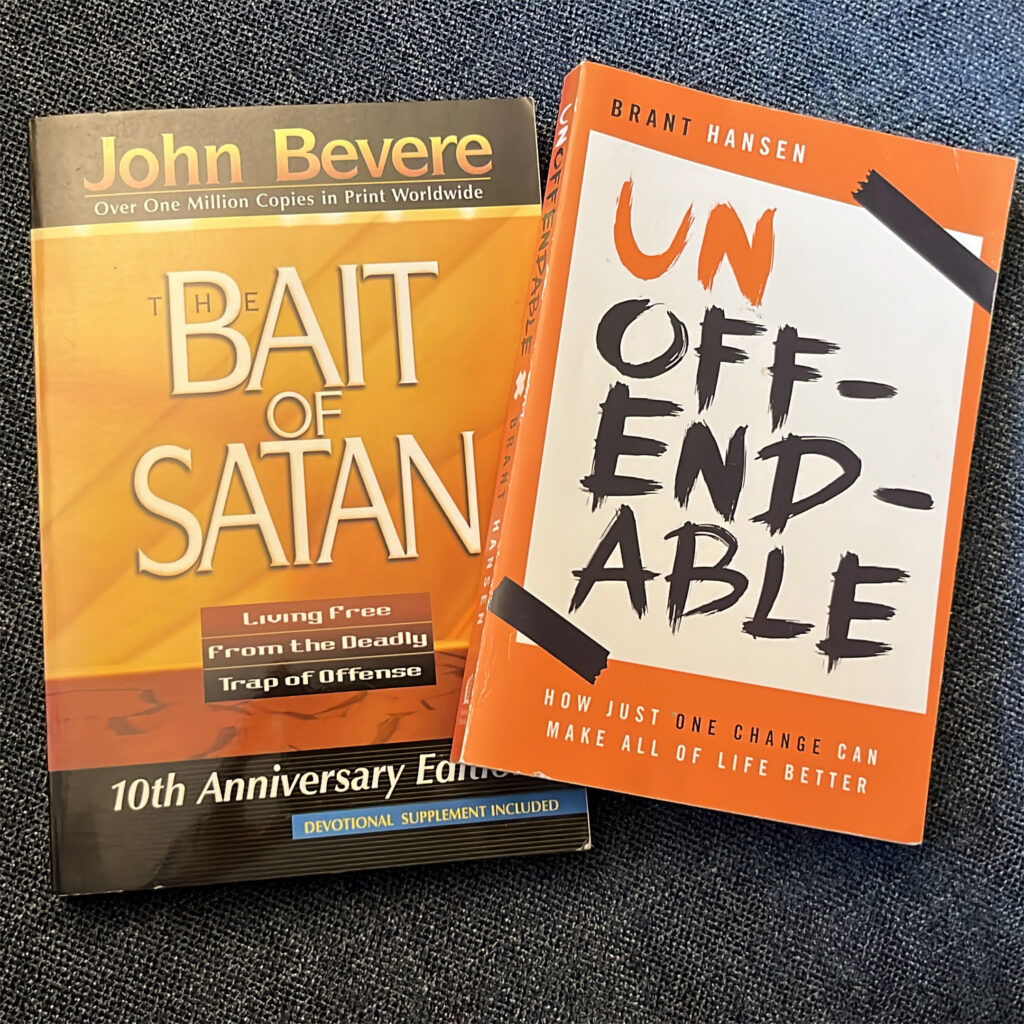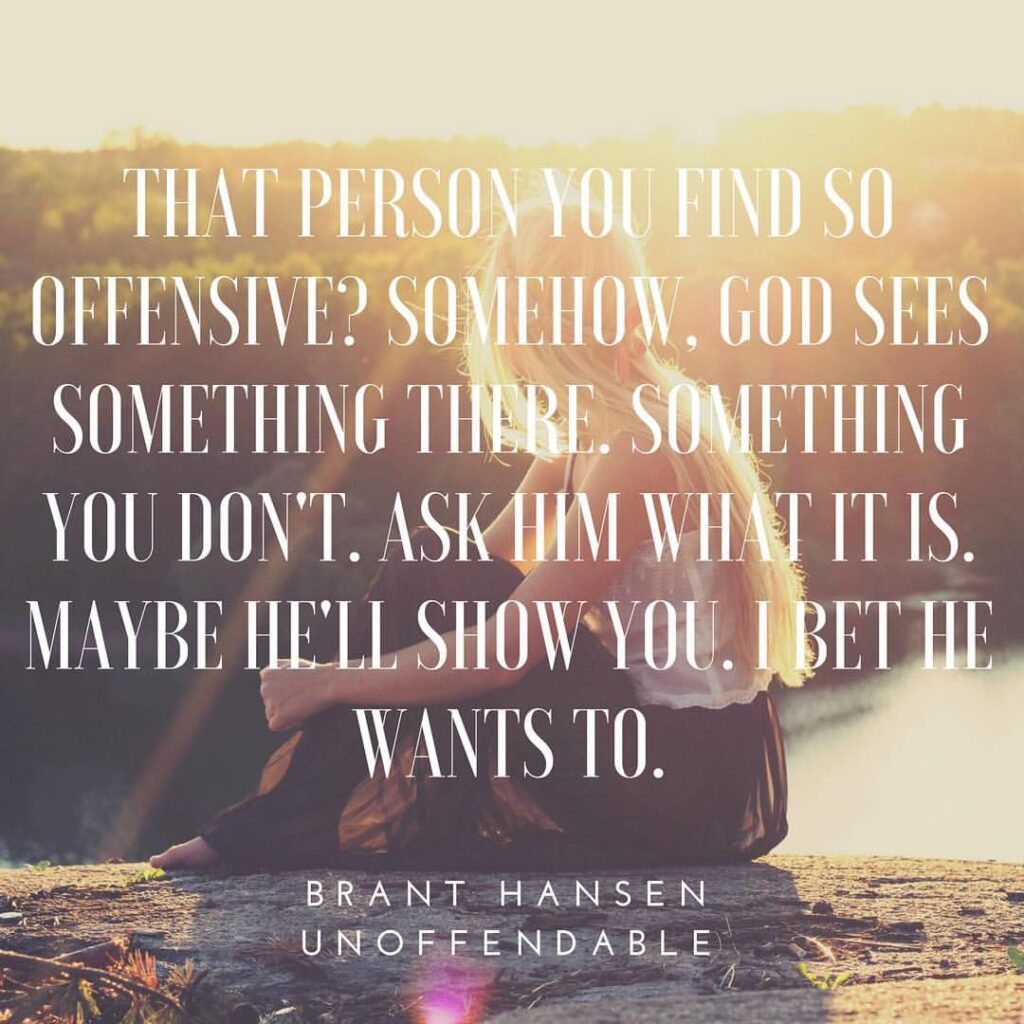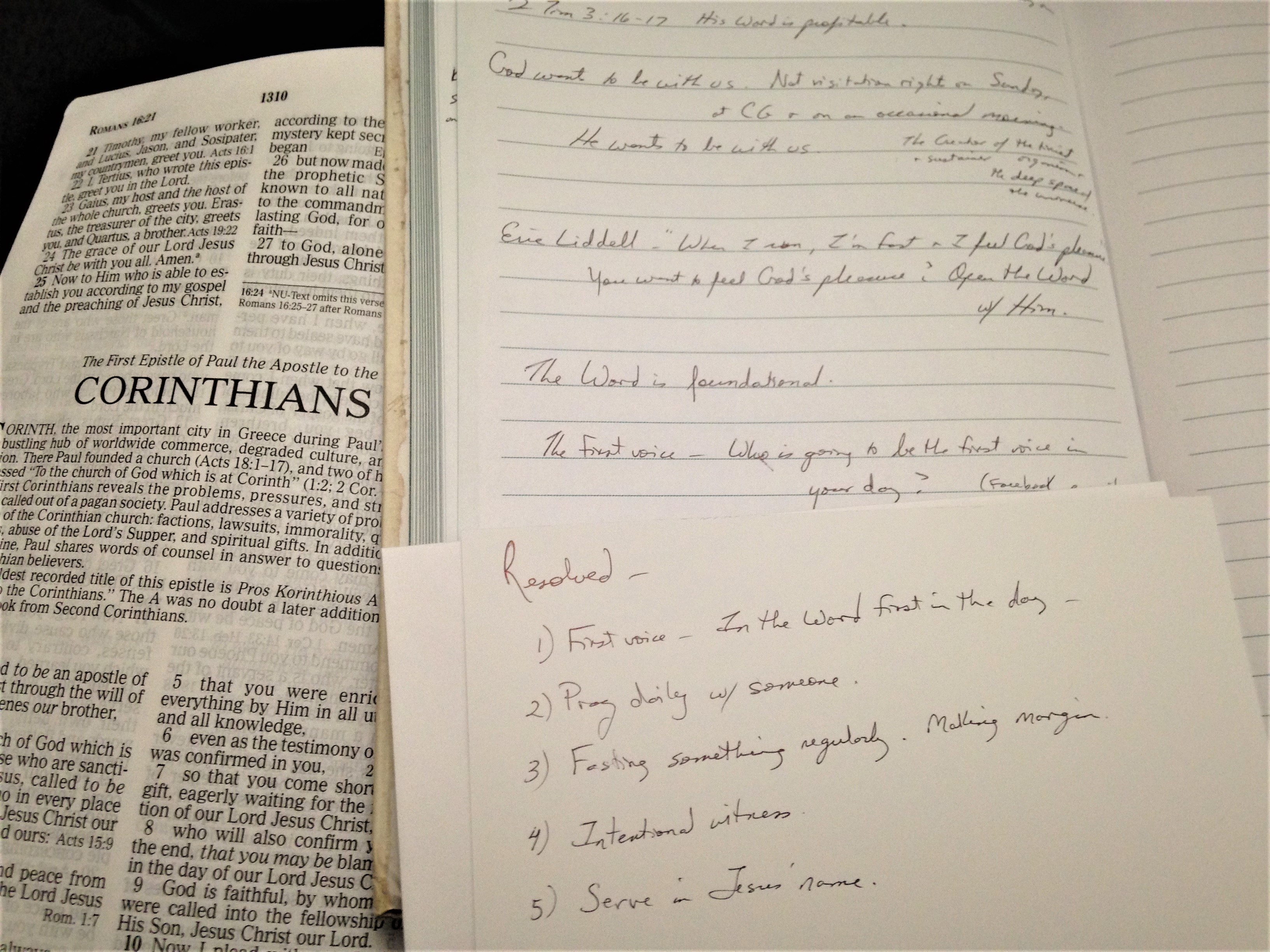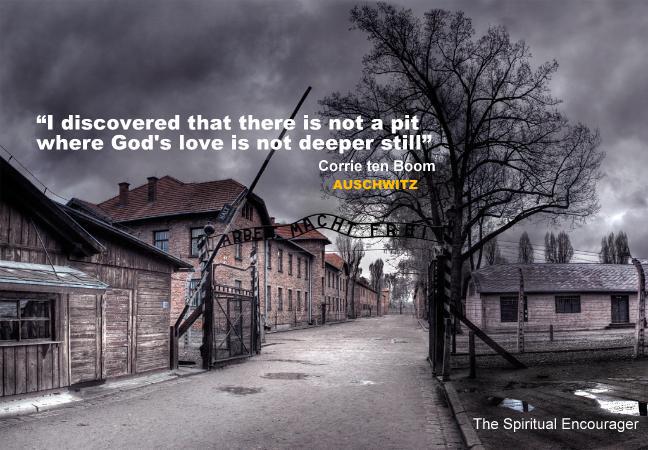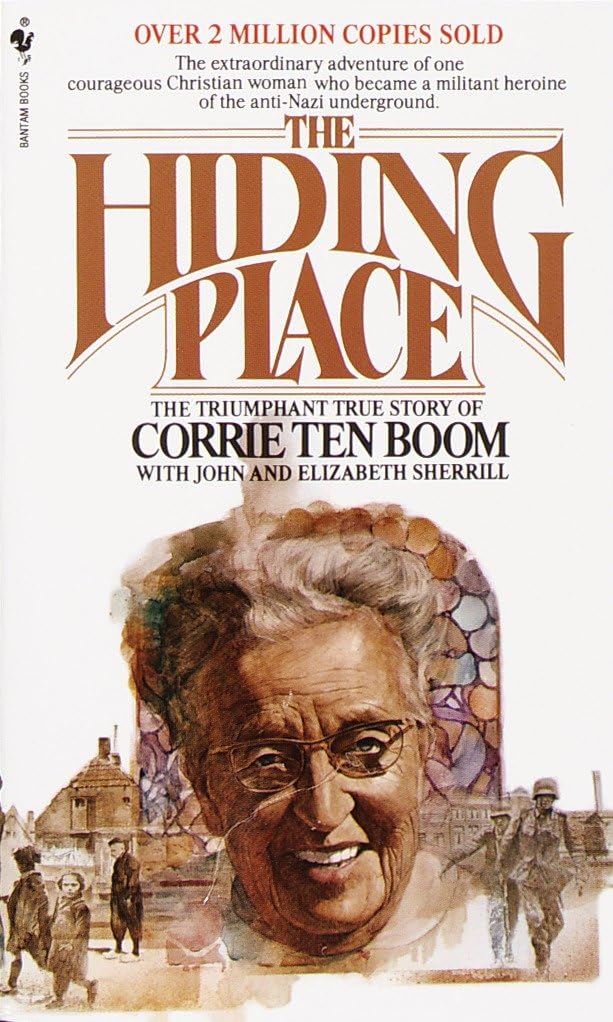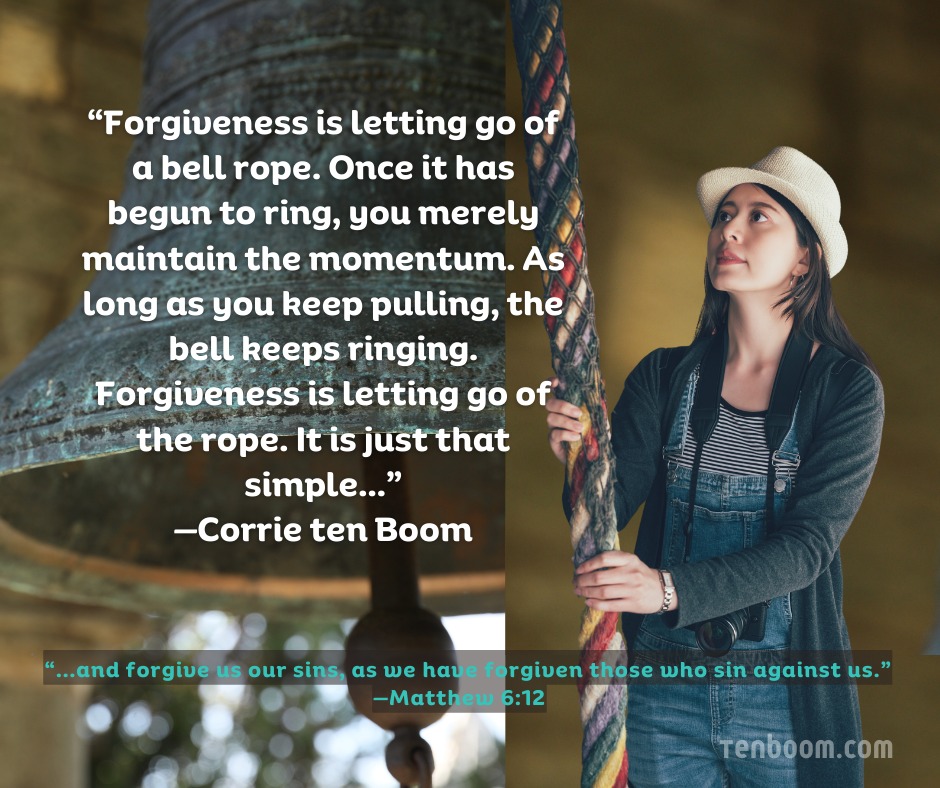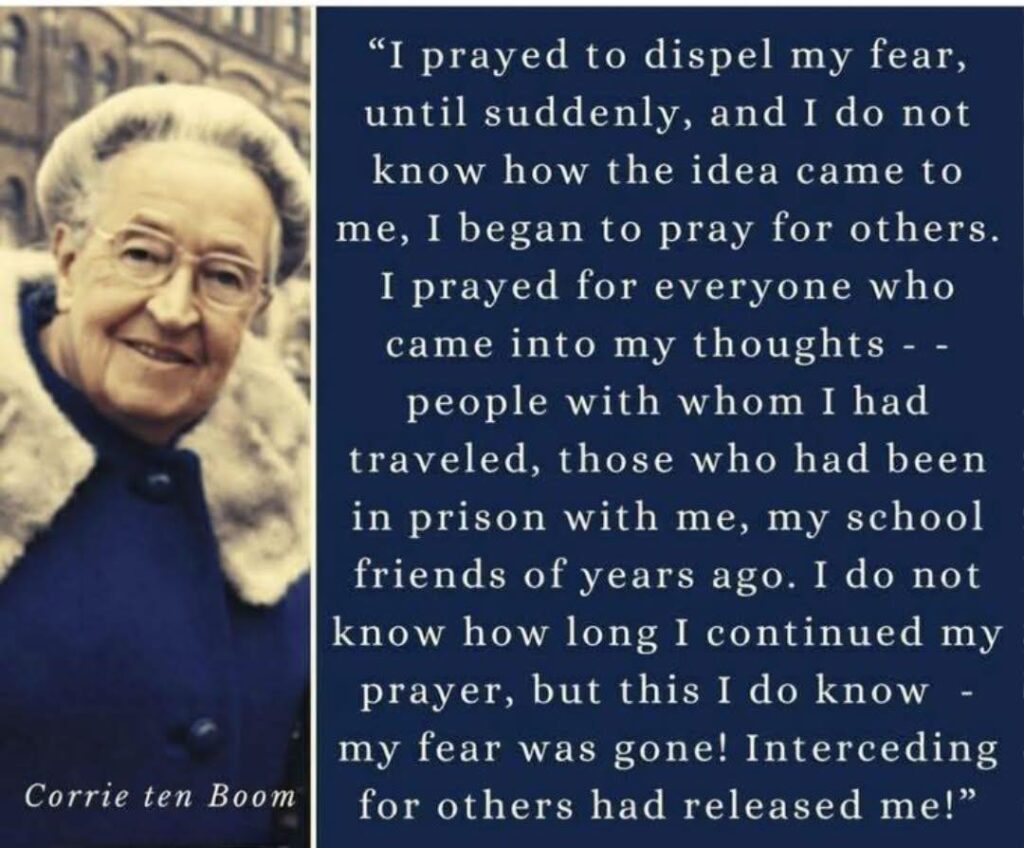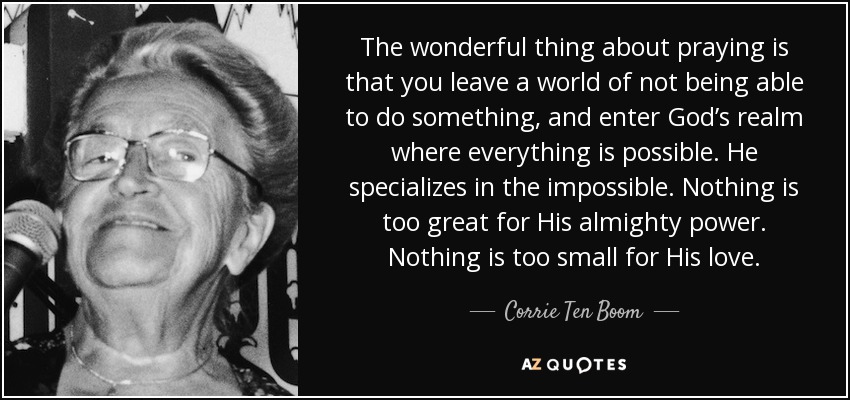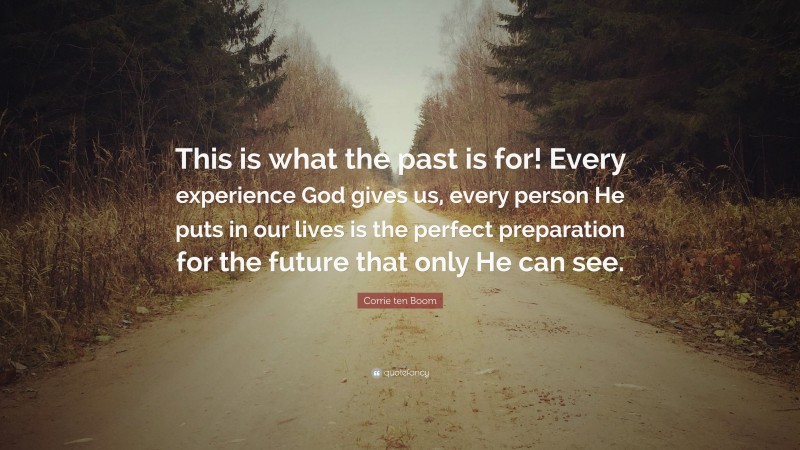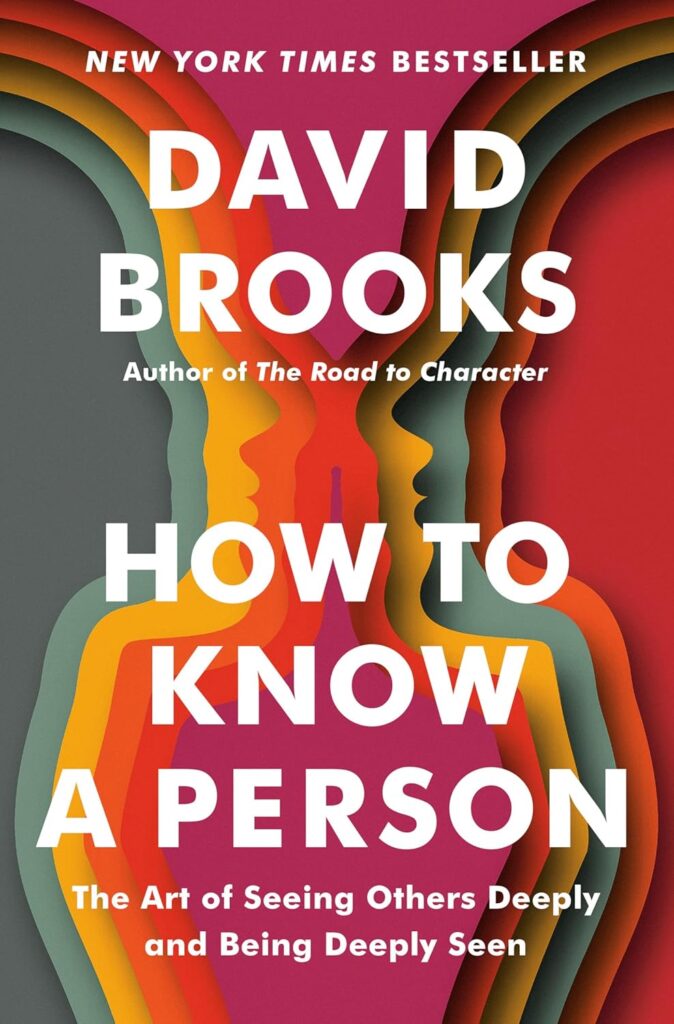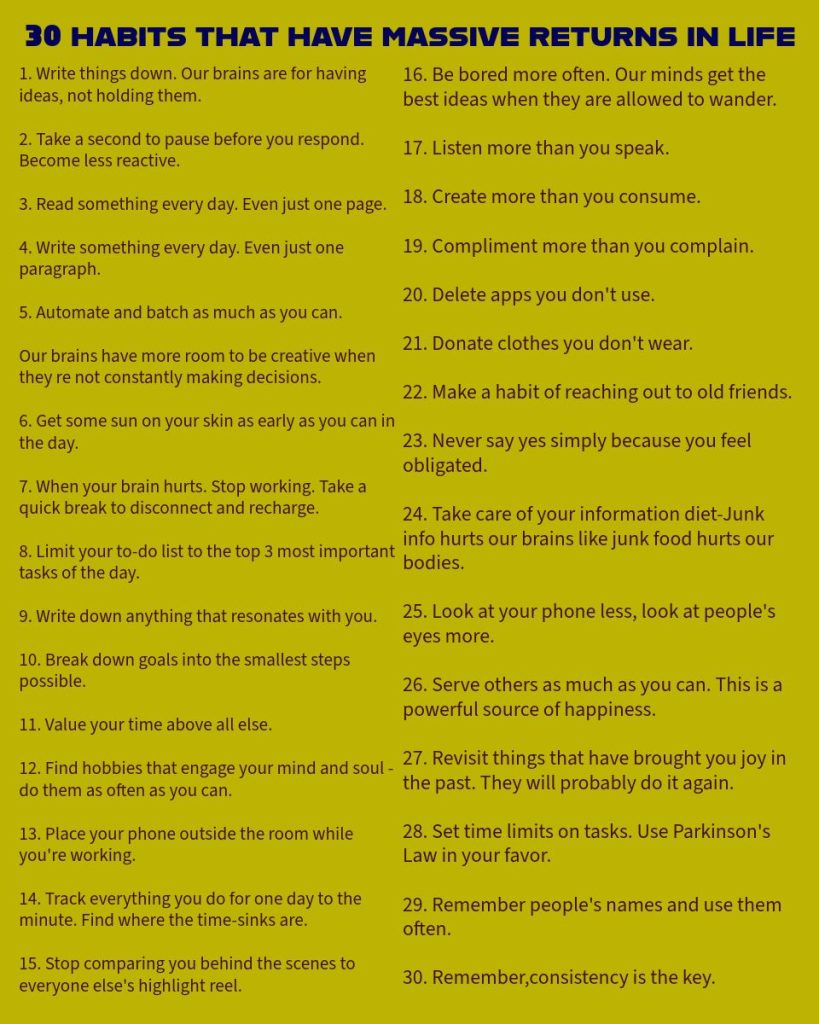
Photo Credit: Destiny City, Don Vess
But to those of you who will listen, I say: Love your enemies, do good to those who hate you, bless those who curse you, pray for those who mistreat you. – Luke 6:27-28
Get rid of all bitterness, rage and anger, outcry and slander, along with every form of malice. Be kind and tenderhearted to one another, forgiving each other just as in Christ God forgave you. – Ephesians 4:31-32
There are six things that the Lord hates, seven that are an abomination to him: haughty eyes, a lying tongue, and hands that shed innocent blood, a heart that devises wicked plans, feet that make haste to run to evil, a false witness who breathes out lies, and one who sows discord among brothers. – Proverbs 6:16-19
Do not repay anyone evil for evil. Carefully consider what is right in the eyes of everybody. If it is possible on your part, live at peace with everyone. Do not avenge yourselves, beloved, but leave room for God’s wrath. For it is written: “Vengeance is Mine; I will repay, says the Lord.” – Romans 12:17-19
Finally, all of you, be like-minded and sympathetic, love as brothers, be tenderhearted and humble. Do not repay evil with evil or insult with insult, but with blessing, because to this you were called so that you may inherit a blessing. – 1 Peter 3:8-9
The beginning of this year in the US has been marked with violence in the streets and clashes with federal agents. Social and news media posts are daily filled with critiques of one group of people vs. another one. Whole people groups. Division is high. Fingers pointed. Disdain fueled by distancing. Even Christians against Christians…sadly.
Writer, theologian Trevin Wax posted a blog this past week on something I’d never heard of before – censoriousness. It is defined as “the state of being censorious, which means having a tendency to blame, criticize, or condemn others. It often involves a habit of finding fault and reproaching others for their actions or opinions.”
How to Deal with a Censorious Spirit – Trevin Wax (really excellent read)
In John Bevere‘s book The Bait of Satan, he teaches on how to respond when we are treated unfairly. Our temptation is to react when someone berates or condemns us. We don’t feel understood. The same applies to those toward whom we express contempt. There is always more to the story. The saying “Two things can be true” is applied. Issues brewing in our country are not so simple as one side against another. The causes are multi-layered and complex. Oh for the simple to reign…and in God’s Word, He breaks down the complex. We are to pray for those in opposition to us (and vice versa). We are to be curious and seek understanding. We are not to allow the world and its evil to divide us. We are to remember that God is in control, and it is His prerogative to judge and make things right.

Photo Credit: Charles Brent, Heartlight
Clinical psychologist, leadership expert Dr. Henry Cloud’s describes how to hate well in his small and fascinating book 9 Things a Leader Must Do. He is wise and succinct on all the topics of this book but especially on hating well, and I quote him here:
“Hate is one of the most crucial ingredients of a good person’s character. What we hate says a lot about who we are, what we value, what we care about…Basically, we are defined in part by what we love and what we hate. You can tell a lot about people by what they love…[and] by what they hate…You can depend on people who…hate arrogance, lying, innocent people being hurt, harmful schemes, evil practices, telling lies about others, and things that stir up dissension among people. [the things that God hates – Proverbs 6:16-19]…The first thing that hate does for us is to help us move against certain traits and issues, thus becoming different from them…The second way hate benefits us is that it causes us to protect what we value…The third way that hate is a good thing is the flip side of protection. Hate moves us to destroy bad things, which are often the things that threaten the good. [However] Unsuccessful leaders hate in ways that solve problems as opposed to creating problems…The difference between leaders who hate well and those who hate destructively lies in the difference between two kinds of hate: subjective and objective. Subjective anger [hate] blasts other people, causes overreactions, dissensions, inability to resolve conflict, broken relationships…Make the subjective hatred objective. Transform it to the kind of hate that solves problems, protects things that you value, and stands against the things that you do not want in your life and work…[he/she] shows up with integrated character. When he brings hate, he brings love as well…and respect, kindness, and forgiveness [taking] a hard stand on a touch issue but remaining loving and kind in the process.” – Dr. Henry Cloud, 9 Things a Leader Must Do – pp. 73-83
In hating well, the focus is on unrighteous acts not on the offenders. It’s not personal. Hating well treats all people as God’s image-bearers. He says repeatedly in His Word that He will avenge, He will make right, He will repay. Because He is without sin, He alone knows just how far to go for the sake of redemption. Our own “righteous anger” moves to sin so quickly because the subjective nature of the offense catapults us to hatred, and not in a good way.
Using the name of Jesus to justify mistreatment of image bearers – Instagram post – Kendra Leeanne Kuntz
I was reminded on a zoom call earlier this week that we are one body with many members – some of us are gifted by the Holy Spirit to speak out against evil, others of us are more the encouragers and mercy-givers, still others serve both the church and those experiencing hardship in the world, and still others point us to the Scripture to make sure we believe what God says and not just what we want to believe He says…
For by the grace given me I say to every one of you: Do not think of yourself more highly than you ought, but think of yourself with sober judgment, according to the measure of faith God has give you. Just as each of us has one body with many members, and not all members have the same function, so in Christ we who are many are one body, and each member belongs to one another. – Romans 12:3-5
God calls us to love well (following the example of the Godhead) and to hate well…the same. Only He is the One without sin. He alone can move our hearts to love as He loves and hate as He hates.

Photo Credit: John Stott, Heartlight
Monday Moment Morning – How Can We Keep From Hating? – Deb Mills

